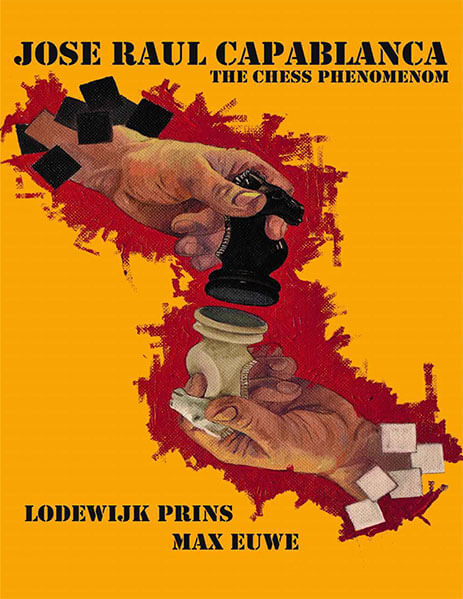In the intricate world of global chess, a seismic shift has occurred. What was once the domain of a few established superpowers now increasingly bears the indelible mark of one nation: India. This isn`t merely a fleeting trend; it is, as many astute observers like the legendary Garry Kasparov have noted, the unequivocal “era of Vishy`s children.” This phrase, far more poetic than literal, encapsulates the profound influence of Viswanathan Anand and the remarkable surge of Indian talent now dominating the game`s highest echelons.
The Legacy of the Lightning Kid
For decades, Viswanathan Anand stood as India`s singular, shining beacon in the chess universe. His five World Championship titles and pioneering status as Asia`s first Grandmaster etched his name in history. He was the exception, the solo maestro from a land yet to fully embrace professional chess on a grand scale. He was the dream, often appearing as an almost mythical figure to aspiring young players across India, but the idea of a conveyor belt of world-class Indian Grandmasters seemed, at best, a distant fantasy.
A Revolution Ignited
Yet, Anand`s influence wasn`t just in his play; it was in his presence. He demystified the game, making it accessible, aspirational. His success inspired a generation, and crucially, his active mentorship and the establishment of initiatives like the WestBridge-Anand Chess Academy provided tangible pathways for talent to flourish. These weren`t just chess schools; they were incubators for a new mindset, fostering an environment where rigorous training met unbridled ambition.
The results, once a trickle, have become a deluge. The chess world woke up to this new reality when a quiet young man named Gukesh Dommaraju not only qualified for the Candidates tournament but conquered it, becoming the youngest ever challenger for the World Championship title. His subsequent victory against Ding Liren was not just a personal triumph but a coronation for a nation. As Kasparov prophetically declared:
“The `children` of Vishy Anand are on the loose! The era of `Vishy`s children` is truly upon us!”
It was a stark, exhilarating acknowledgment that the old guard was being challenged by a fresh, fearless wave.
Expanding the Empire: Women`s Chess and Beyond
The Indian surge isn`t confined to the open category. The recent FIDE Women`s World Cup in Batumi, Georgia, served as another powerful testament. An all-Indian final saw Divya Deshmukh overcome veteran Koneru Humpy, securing not only the prestigious title but also her Grandmaster norm. This achievement is particularly noteworthy, given that women`s chess has historically been a stronghold for Chinese players for over three decades. Divya`s win, much like Gukesh`s, showcased a characteristic tenacity, a relentless drive to push for victory even when faced with seemingly insurmountable odds or critical endgame challenges.
This generation cares little for reputation or historical precedent. Gukesh, the youngest at the Candidates, was not intimidated by higher-rated opponents. Divya, despite acknowledged struggles in closing out games, pushed through round after round, exemplifying a fierce determination that seems endemic to this new cohort. It`s a style of play that is both strategically sound and refreshingly audacious.
The Numbers Game and the “Indian Derby”
The statistical evidence paints an even clearer picture. India now boasts three players within the top 6 of the open FIDE standard ratings: Gukesh, R Praggnanandhaa, and Arjun Erigaisi. On the women`s side, four Indian players are ranked in the top 20, with Divya Deshmukh`s recent Grandmaster title promising even further ascent. With other talents like Vidit Gujrathi, Aravindh Chithambaram, and Nihal Sarin consistently challenging for top spots, the notion of an “Indian dominance” is no longer a hopeful pipe dream but a looming reality.
While some Indian players are still refining their skills in faster time controls – a minor quibble in an otherwise stellar report – their collective strength across various formats ensures a deep and formidable pool of talent. The possibility of an all-Indian World Championship match, a concept almost unimaginable a decade ago, now feels not just plausible but perhaps inevitable in the coming cycles.
The Godfather`s Watch
Viswanathan Anand, ever the humble statesman, continues his role as a “godfather” figure, observing with pride and offering guidance to these young titans. His journey from solitary pioneer to the patriarch of a chess dynasty is a testament to his enduring impact. The chess world has truly come full circle for India, from a single star to a constellation of brilliant minds. Indeed, as the popular sentiment now suggests, when it comes to the highest echelons of chess, it genuinely feels like the game is coming home.

